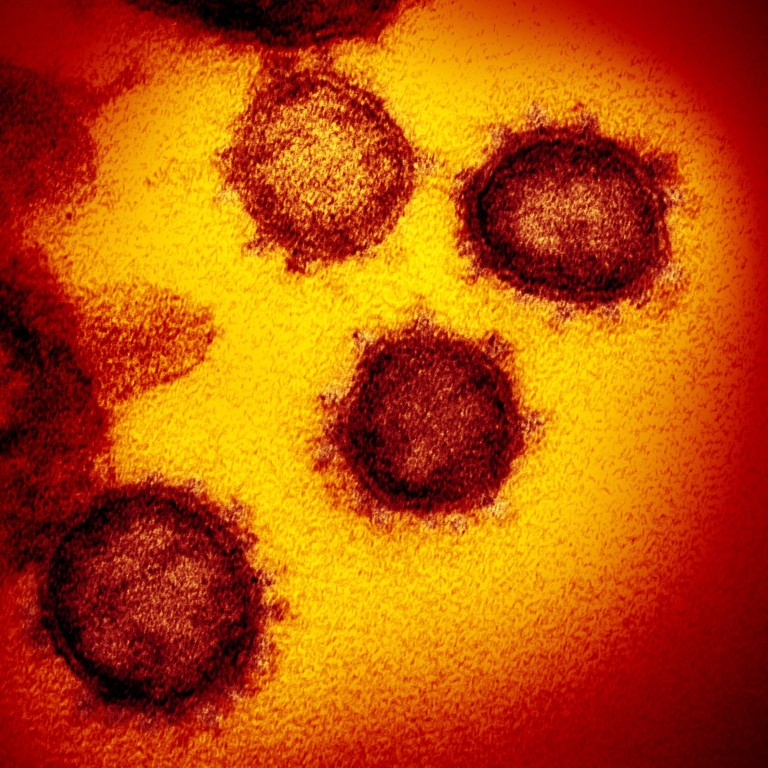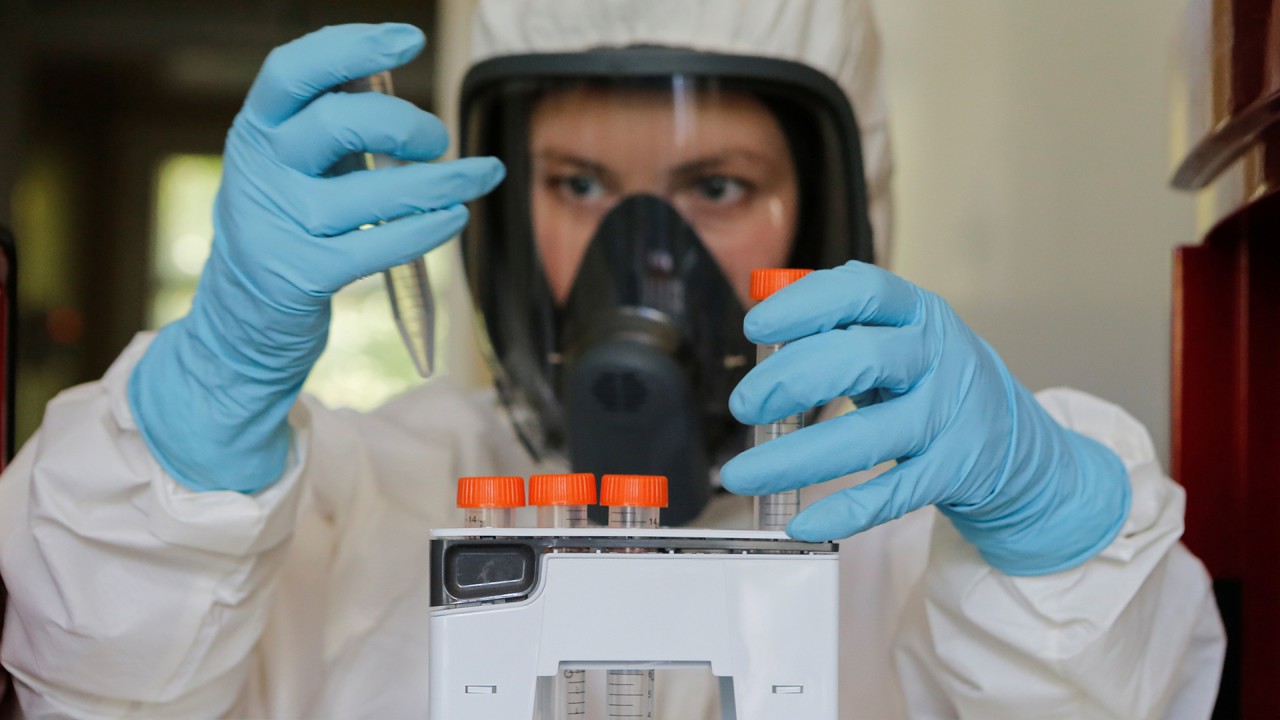
Dutch and Belgian patients get coronavirus second time after Hong Kong reports world’s first reinfection case
- More testing needed on new patients to see two instances of virus differ slightly
- Comes after Hong Kong study reported as the first in the world to confirm reinfection with rigorous testing
A patient in the Netherlands and another in Belgium have been confirmed as having been reinfected with the coronavirus, Dutch national broadcaster NOS reported on Tuesday, citing virologists.
The NOS cited virologist Marion Koopmans as saying the Dutch patient was an older person with a weakened immune system.
She said that cases where people have been sick with the virus a long time and it then flares up are better known.
100,000 infected in US by the time emergency was declared
But a true reinfection, as in the Dutch, Belgian and Hong Kong cases, requires genetic testing of the virus in both the first and second infection to see whether the two instances of the virus differ slightly.
Koopmans, an adviser to the Dutch government, said reinfections had been expected.
“That someone would pop up with a reinfection, it doesn’t make me nervous,” she said. “We have to see whether it happens often.”

02:03
Russia approves ‘world’s first’ Covid-19 vaccine, President Vladimir Putin says
The Belgian patient had mild symptoms, the NOS cited virologist Marc Van Ranst as saying. But “it’s not good news,” he added.
He said the case shows antibodies the patient developed during the first exposure were not enough to prevent a second case with the slightly different variant of the virus.
He said it is not clear whether such cases are rare or whether there are “many more people who could have a reinfection after six or seven months”.
World Health Organisation (WHO) epidemiologist Maria Van Kerkhove said on Monday that there was no need to jump to any conclusions in response to the Hong Kong case.
Instances of people discharged from hospitals and testing positive again for Covid-19 infection have been reported in mainland China. However, in those cases it was not clear whether they had contracted the virus again after full recovery – as happened to the Hong Kong patient – or still had the virus in their body from the initial infection.
FDA authorises plasma treatment over scientists’ objections
The preliminary number of patients in China who tested positive again once being discharged from hospital was 5 per cent -15 per cent, Wang Guiqiang, an infectious disease specialist in China’s expert group for Covid-19 treatment, said during a press briefing in May.
One explanation was that the virus still existed in the lungs of patients but was not detected in samples taken from upper parts of the respiratory tract, he said. Other possible causes were low sensitivity of tests and weak immunity that could lead to persistent positive results, he added.

